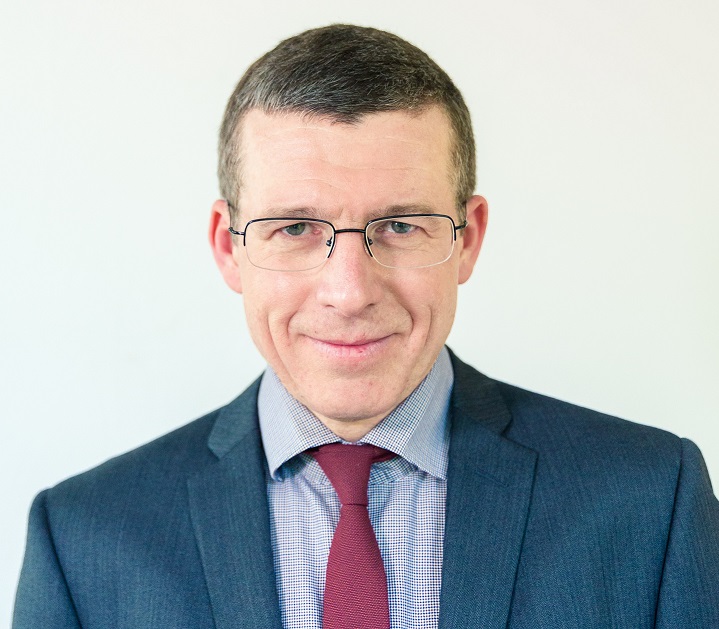
17th INTERNATIONAL FORUM ON MPSoC
for software-defined hardware
Speaker's Profile

Benoît Dupont de Dinechin
CTO of KALRAY, France
Supporting standard CNN inference on manycore processors
Download SlidesAbstract
KaNN is a domain-specific code generator for CNN inference that targets manycore processors featuring software programmable cores, local and DDR memories. Input is a standard CNN description such as Berkeley Caffe prototxt file, augmented with the parameters obtained during training. The KaNN generated code is optimized for low-latency parallel execution and effective DDR bandwidth exploitation. This result is obtained through the exploration and the selection of one of the many compute graph that represent the CNN forward computation, and the evaluation of this graph across the DDR and local memories according to a macro-pipelining scheme. The KaNN compute graphs have nodes that correspond either to 3D tiles of the images that represent the results of layer processing, or to operators on these tiles including 1x1 convolution kernels, pointwise accumulation and concatenation. The generated code is a collection of C kernels with asynchronous DMA transfers between the local and DDR memories. Kalray will be presenting KaNN and how it has been built to execute efficient CNN.
Biography
Benoît Dupont de Dinechin is Chief Technology Officer of Kalray. He is the Kalray VLIW core main architect, and the co-architect of the Multi-Purpose Processing Array (MPPA) processor. Benoît also defined the Kalray software roadmap and contributed to its implementation. Before joining Kalray, Benoît was in charge of Research and Development of the STMicroelectronics Software, Tools, Services division, and was promoted to STMicroelectronics Fellow in 2008. Prior to STMicroelectronics, Benoît worked at the Cray Research park (Minnesota, USA), where he developed the software pipeliner of the Cray T3E production compilers. Benoît earned an engineering degree in Radar and Telecommunications from the Ecole Nationale Supérieure de l'Aéronautique et de l'Espace (Toulouse, France), and a doctoral degree in computer systems from the University Pierre et Marie Curie (Paris) under the direction of Prof. P. Feautrier. He completed his post-doctoral studies at the McGill University (Montreal, Canada) at the ACAPS laboratory led by Prof. G. R. Gao.

